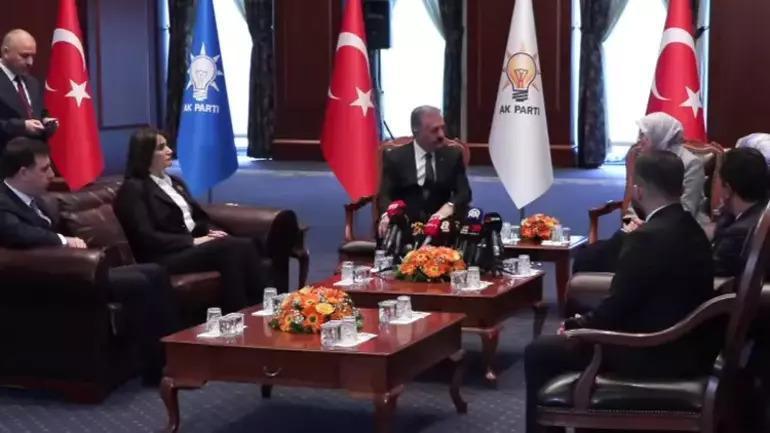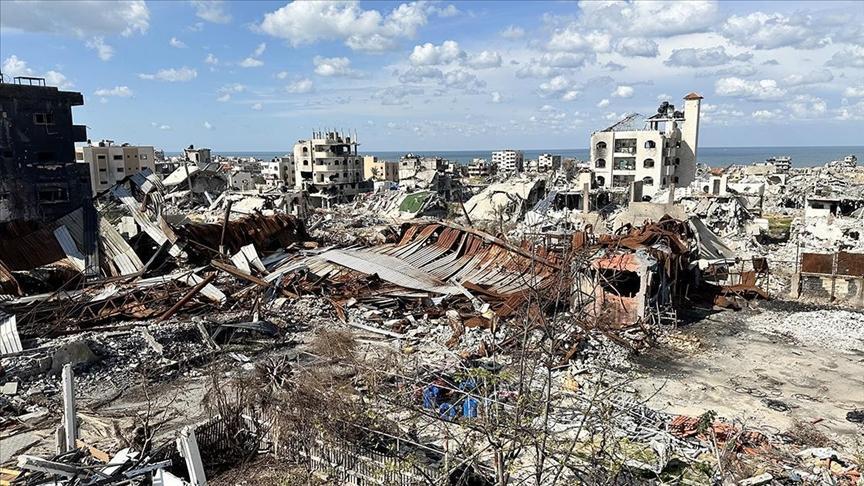Turkey’s reaction to the Saudi-Iran rift
After a silence of nearly two days - and after most reactions from all over the world had been heard - Numan Kurtulmuş, the Turkish government’s spokesperson and deputy prime minister, responded to the conflict between Saudi Arabia and Iran on the evening of Jan. 4.
Kurtulmuş appealed to both Riyadh and Tehran for calm. He criticized the attacks on Saudi diplomatic missions in Iran and also death penalties in general, emphasizing that Turkey had lifted the death penalty years ago. He also called on both countries to solve their problems through diplomatic means to help decrease tension in the Middle East, which is already suffering deep trouble.
If Prime Minister Ahmet Davutoğlu’s Justice and Development Party (AK Parti) government sticks with it, this is a belated but appropriate position for Turkey to take. The conflict between Saudi Arabia and Iran actually symbolizes a new flare-up of a centuries-long divide between the Sunni and Shiite sects of Islam.
The Saudi execution of 47 people - including prominent Shiite cleric Ayatollah Nimr al-Nimr, which triggered Iran’s reaction - took place three days after a visit by Turkish President Tayyip Erdoğan to Riyadh, where he had agreed with Saudi King Salman bin Abdulaziz on the establishment of a High-Level Strategic Council.
After the visit, Erdoğan underlined that the Saudi-led “Islamic Alliance” against terrorism, (which Turkey is a part of), was not just a Sunni Alliance – despite the fact it included no Shiite governments in it.
Turkey has a predominantly Sunni Muslim population but is run by a secular constitution. It also shares the oldest land border on the planet (since 1639) with predominantly Shiite Iran, which is still under theocratic rule. The Turkish government has been experiencing a series of problems since becoming too involved in the political affairs of Muslim countries since the outbreak of the Arab Spring in 2011; first with Egypt, then with Syria, and nowadays with Iraq as well. Ankara’s relations with Tehran are not at their best either, with the two countries on opposite sides in the Syria conflict. Iran, along with Russia, is a staunch supporter of the regime of Syrian President Bashar al-Assad, with al-Assad belonging to the Alawite sect of Islam, like millions of Alevi Muslims in Turkey: Not Shiite, but not Sunni either.
The presence of the Kurdish issue further complicates Turkey’s situation. Dialogue between the Turkish government and the outlawed Kurdistan Workers’ Party (PKK) for a political settlement of the chronic decades-long problem was severed after the Syrian war and the fight against the Islamic State of Iraq and the Levant (ISIL) empowered the PKK to force a higher bargaining position with Ankara. The PKK is active in Turkey, Syria, Iraq and Iran. The latter had no problems with the PKK as long as it attacked Turkish, not Iranian, targets and the growing influence of both ISIL and the PKK in Syria became a serious security problem for Turkey.
It may not be easy for Turkey, a member of NATO and also an active member of the U.S.-led coalition against ISIL, to resist pressure from Saudi Arabia on allies to side with it. But it would be best for Ankara not to take sides in this dangerous rift, which has the potential to escalate further into a wider sectarian fight.











